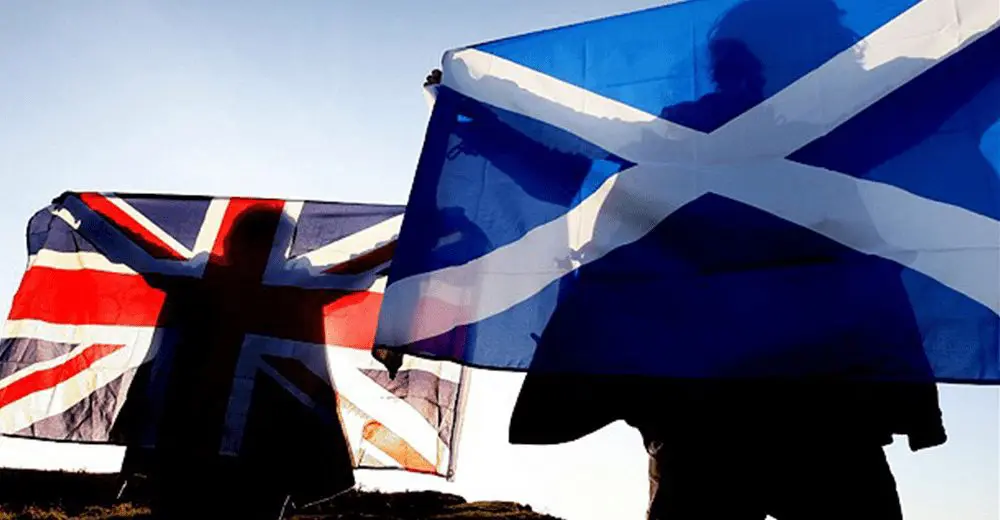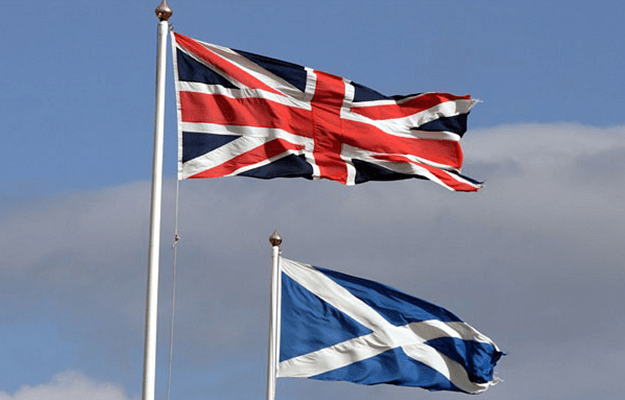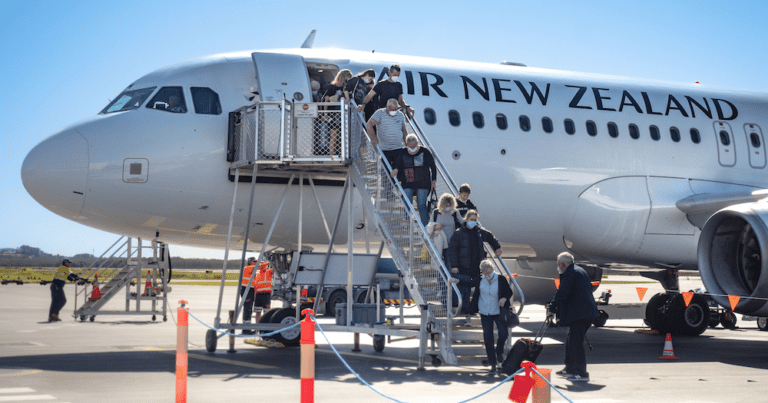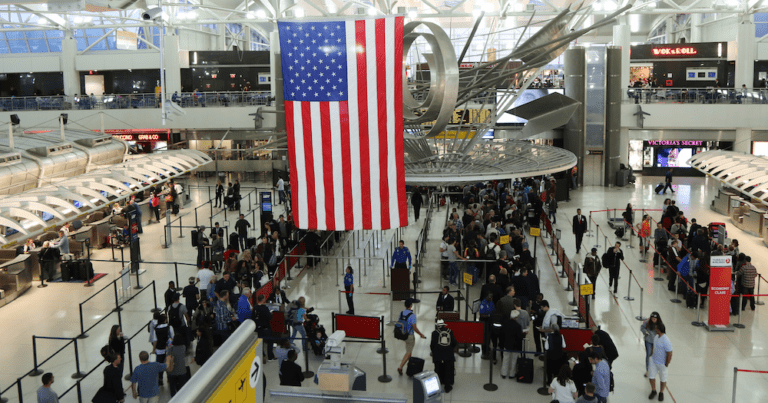With the results from Thursday’s referendum acknowledging the victory of “Better Together”, the travel industry voices its relief over the conservation of the Union.
Scotland has officially rejected the notion of state independence. A 55 per cent majority voted no to secession in Thursday’s referendum. Shortly after the results were made public, Alex Salmond, the Scottish first minister and leader of the pro-independence Scottish National Party, announced his resignation from both posts, effective in November.
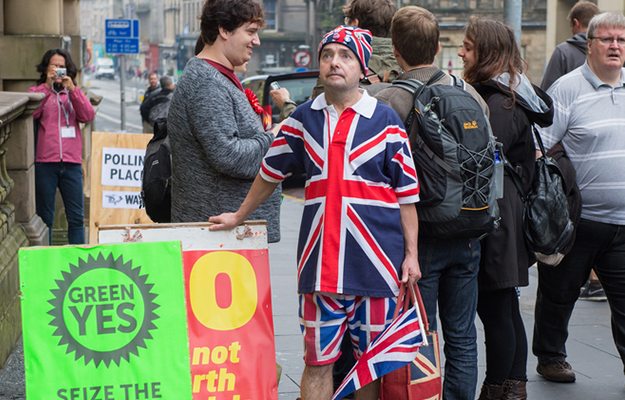
The main reason for the defeat was considered to be a lack of defined strategy. Unionists claimed they were unconvinced as to how Scotland could fund independence and how it would remain prosperous without the support it receives from being part of the United Kingdom.
This sentiment was mirrored in the country’s travel and tourism sector.
“The uncertainty over the future of the pound, the borders question and the possible changes to visa regulations all created uncertainty,” travel and tourism analyst at Timetric, Gillian Kennedy said.
“Furthermore, there was the issue of possible changes to the flow of tourists in the border countries. After the Scottish National Party committed itself to an immediate 50 per cent reduction in Air Passenger Duty, there were fears that cross-border businesses would suffer from variations in exchange rates and from the potential administrative costs of dealing with two different currencies.”
These fears were not unwarranted.
England is Scotland’s most important tourist market. In 2012, it generated six million visits and £1.7 billion in direct expenditure, spending an average of £281 per person per trip.
Visitors from England equate to 40 per cent of Scotland’s tourism market by volume and 39 per cent by value.
The “No” vote, according to Kennedy, is said to be welcomed by the industry.
“It has secured a different future for the entire UK,” she said.
“Even if the Scottish parliament is granted greater control over finance, welfare and taxation as the Westminster parties have hinted at, there will be only slight changes for the tourism industry in Scotland and the UK as a whole.”


